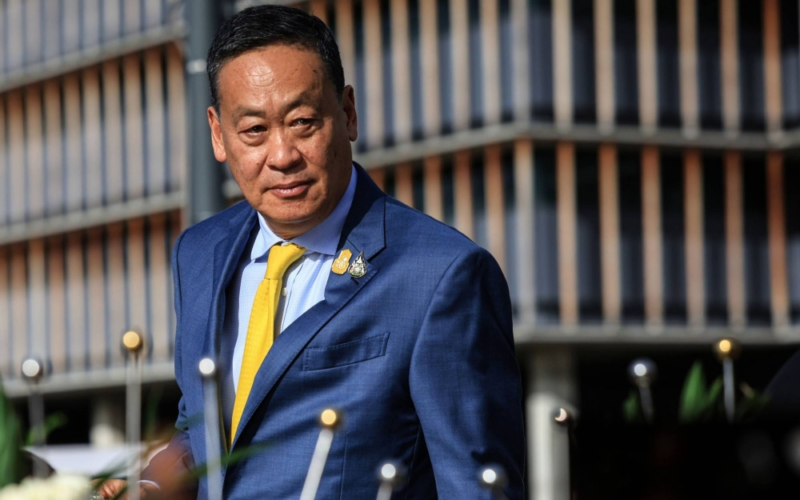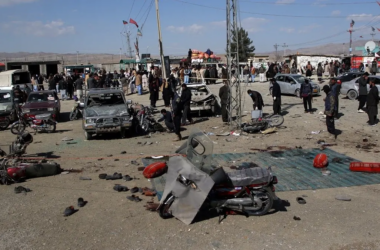Thailand is bracing for a pivotal week with four high-profile court cases poised to influence the nation’s political landscape. These cases, set for hearings on Tuesday, involve Prime Minister Srettha Thavisin, former Prime Minister Thaksin Shinawatra, the popular opposition Move Forward party, and the current process of selecting the Senate. The outcomes could have significant ramifications for Thailand’s governance and stability, potentially exacerbating tensions between the conservative-royalist establishment and populist forces.
Prime Minister Srettha Thavisin, who assumed office in August 2023, is facing allegations of constitutional violations. A group of conservative senators has accused him of breaching the constitution by appointing a former lawyer with a criminal record to his cabinet. Srettha, who denies any misconduct, risks removal from office if the Constitutional Court rules against him. Such a verdict would necessitate the formation of a new government and prompt the ruling Pheu Thai party to propose a new candidate for prime minister. The court is expected to announce its next steps or a verdict date on Tuesday.
Thaksin Shinawatra, a pivotal figure in Thai politics and former prime minister, faces formal indictment on charges related to lese-majeste and comments made during a 2015 media interview. Thaksin, who returned to Thailand in August 2023 after 15 years in self-imposed exile, asserts his innocence, describing the charges as baseless. The lese-majeste law, one of the world’s most stringent, carries severe penalties, including up to 15 years imprisonment for each offense. The court will decide whether to grant Thaksin bail as part of the proceedings.
The Move Forward party, a significant opposition force with substantial representation in the lower house, faces potential dissolution. This case stems from allegations that its campaign to reform Thailand’s lese-majeste law violates the constitution. The Constitutional Court is reviewing a complaint from the Election Commission regarding these charges. Move Forward, which halted its efforts to amend the law following a previous court ruling, denies any wrongdoing. A verdict against the party could lead to its dissolution, mirroring the fate of its predecessor, Future Forward, whose dissolution in 2020 spurred large-scale protests.
The Constitutional Court is also set to rule on the legality of the ongoing selection process for a new 200-member Senate. Questions have been raised about the legitimacy of the current three-tier selection process. A ruling that invalidates the process could prolong the term of the existing military-appointed Senate, which has played a crucial role in shaping government formation since its establishment post-2014 coup. The current upper house was selected by the military following the overthrow of a Pheu Thai government led by Thaksin’s sister.
The impending court decisions underscore the complexity and volatility of Thailand’s political environment. Analysts from ANZ Research highlight that the immediate concerns include the potential for disruptive protests and delays in fiscal policy implementation, which could affect economic stability. The intersection of judicial rulings and political maneuvering in these cases highlights the deep-seated divisions and the precarious balance of power in Thailand’s political system. The outcomes of these cases could intensify existing tensions and shape the future trajectory of Thai politics.








